The "Waseda Weekly Waseda Shogekijo Drama-kan Theater The "Essence of Theater" corner by "Waseda Weekly" and "Waseda University" features interviews with Waseda University graduates who are active in various fields and have connections to the theater, with the keywords "introduction to theater" and "using words that anyone can understand". They will talk about the appeal of theater. Our guest this time is Ikue Osada (School of Letters, Arts and Sciences I graduate), a playwright who presides over the theater company "Tegamiza" and is active as a playwright, as well as a scriptwriter who wrote the NHK TV series "Ranman" for the first half of the year 2023.
Osada Ikue Osada was born in Tokyo. School of Letters, Arts and Sciences I Graduation. Playwright and screenwriter. Studied under Hisashi Inoue at the Japan Playwrights Association's Drama Seminar Training Division. In addition to presiding over the theater company "Tegamiza" and being in charge of all the plays, she also writes plays for external theater companies such as the musical of the theater company Shiki and PARCO STAGE. In recent years, he has also worked on many scenarios for movies and dramas. She has a reputation for her careful dialogue that looks at the subtleties of the human mind, her meticulously crafted compositions, and her ability to depict large-scale stories
An original experience from Waseda University that shocked me with a scene of silence
Osada writes scripts for a wide range of genres, including TV dramas, plays, musicals, and sometimes Nohgaku. However, until he entered university, she rarely watched TV dramas and had no experience of watching plays.
I aspired to be a novelist and wanted to major in literary arts (in 1996), so I headed to Waseda University. When I was a child, I was physically weak and spent a lot of time in the hospital, so I couldn't play outside, so reading books became the basis of my life. From those days, I dreamed of becoming a novelist, hoping to make a living by writing stories.
However, it all started when I saw the dances of the members of the Musical Research Group (hereinafter referred to as MU-Ken), which was located directly below the slope of Buncamp (Toyama Campus) at the time, and became interested in it.
MU Lab is unique in that the screenplay, direction, choreography, composition, and arrangement are all created by students, and screenplays are freely submitted regardless of grade level. True to my original urge to write stories, I wrote a script as soon as I joined the group, and it was selected for the main performance that year.
However, rather than being happy, I felt "troubled!" At the time, Muken had a tradition of ``the person who wrote the script was in charge of directing.''
Osada was put in charge of writing and directing the script even though he had no acting experience or even theater experience. It was the musical research group's ``vertical and horizontal connections'' that saved them from their predicament.
At that time, Muken had a tradition of nearly 25 years since its establishment, and had many alumni working in the theater world. Additionally, more than half of student club members were students from other universities and working adults, so there was a strong horizontal network. Relying on that vertical and horizontal connection, I kept calling him and saying, ``This is Osada, a first year student at Mu Lab. Please tell me about theater so that I can direct this performance.''
Even though I was a first-year student who I didn't know, all of the seniors were kind enough to help me, and I started living with them as soon as I entered the school, where they would show me the stage in exchange for helping with the lighting. All of that was very educational and interesting, and the days I was keenly aware that university opens up a wider world for me to live both vertically and horizontally.
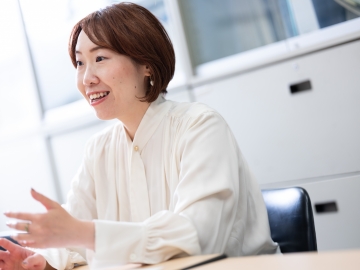
In this way, Osada worked hard to deepen her learning about the stage. Through that experience, her discovered the ``fun that is unique to the stage,'' which is still relevant today, and it served as a starting point for her to become a screenwriter.
The first play I ever paid to see on my own, taken by a senior colleague, was at Kinokuniya Hall in Shinjuku, and it was ``The Papal Contraceptive Method'' by a theater company called ``Bicycle Kincrete.'' I was shocked by the silent scene with no dialogue that I saw on stage. As I followed the two-hour performance, I could feel the feelings of the characters, even in silence, as if I were sitting in the audience.
As an aspiring novelist, I thought it was amazing that novels could express any emotion in words. However, in theater, even in scenes without words, there is a way to convey the feelings of the characters to the audience, and I feel that every word is designed for a moment of silence, and I think, ``How interesting! ``I started thinking, ``I want to study screenwriting more, and I want to delve deeper into this world.''
Depicting "special moments that only come once in a lifetime"
After graduating from university, Osada wanted to delve deeper into the world of screenwriting, so in 2008 she had the opportunity to study under the great playwright Hisashi Inoue (died in 2010) at the Drama Seminar Training Division of the Japan Playwrights Association. .
It was two years before he passed away, and I was his last trainee. However, instead of having Professor Inoue teach something in the form of a lecture, I was given the right to follow Professor Inoue's lectures without permission (lol). Sometimes when I'm having tea in the waiting room before a lecture or while I'm signing autographs, someone will suddenly give me a review of something I've previously written, so I was frantically taking notes.
One of the words of my teacher that I still follow today is, ``Write poetry in your work.'' "Poetry" here does not mean "poem," but rather "a special moment that only happens once in a lifetime." The mission of a playwright is to capture the beautiful moments and strong moments of human beings in the two-hour container of theater and hand them over to the audience. I still cherish that.
For the past few years, Osada 's notebook has been indispensable for his writing work. "The product name is Access Notebook. In this book, I write down ideas for all the works I'm working on at the time. It seems to be highly searchable, with page numbers printed on every page. , I use fluorescent markers on the side of my notebook to color code each work.I use it with my own unique search method (lol).'' (Osada)
Inspired by Mr. Inoue's words, Osada founded the theater company Tegami-za in 2009. The history behind its founding also reflected Osada 's ``chain of connections'' and ``power of action.''
In order to make a living as a ``professional playwright'' in contemporary theater, you must receive commissions. In order to get commissions, I needed a place to present my work, so I thought about forming a theater company for that purpose.
However, major theaters in Tokyo have a reservation system for dates one year in advance, so it will be too late to make reservations after all the members of the theater company have been gathered. When I applied for a reservation and said, ``We're going to perform the show in a year's time. I'll find someone by then,'' the theater manager was surprised and said, ``There's no one like that!'' Perhaps he was really worried, and said, ``Today, we'll be at this theater.'' The theater troupe that was performing there was going to have a tea party after the performance, so why not come and join us?'', he introduced me.
The person in charge of the wonderful art for that stage was Itaru Sugiyama, a famous stage designer in the small theater world. I didn't know that he was such an important person, so I handed him the script I had brought for the theater contract and asked him directly, ``I want to perform here next year, so could you do the art?'' Originally, Mr. Sugiyama would not be in charge of the launch performance, but the script I wrote at that time was about astronomy, and Mr. Sugiyama's brother happened to be an astronomy researcher. He said, ``I have to do this,'' and accepted the job.
A stage photo of Tegamiza's inaugural performance, "The Ordinary Planet". "I chose a photo that conveys the greatness of Itaru Sugiyama's stage design.This performance was in an omnibus format, with two completely different works connected through a telescope in an epilogue, but Mr. Sugiyama took 5 minutes in the middle. The stage design also changed beautifully during the interval.When the wall that forms the background of the apartment is turned over like a book, a staircase appears and opens into a small factory.Constellations are also drawn in the sky above the stage. (Osada ) Photographer: Masaaki Ito
The inaugural production of Tegamza, ``Arifuruta Planet,'' won the Sato Sakichi Award for Excellence in Stage Design that year. As he succeeded in presenting his work, he had more opportunities to write scripts for external performances, and in 2020, he was in charge of Shiki Theater Company's original musical ``Robot in the Garden'' for the first time in 16 years. Since then, he has continued to release popular works such as the NHK TV drama series ``Ranman,'' which attracted attention this year.
Osada has continued to write stories through various connections, starting from his student days, when he was suddenly in charge of directing even though he didn't know anything about theater. What is the charm of theater as told by such a rare scriptwriter?
I am a person who is fascinated by the part of ``language in theater,'' but I also think that the way I use it is unique. However, it can be said that the theater is a space with a wide range of interests.
You may be fascinated by the actors in front of you, or you won't know how your five senses will react to the art, lighting, dance, etc. until you go to a live stage performance. However, I'm sure there will be moments during the two hours that I find something interesting. Why not start by putting yourself in that space and enjoy it?
And one more thing. After watching a wonderful performance, the atmosphere in the audience's seats is filled with the feeling of ``I saw something good,'' and there is a feeling of going home rejuvenated. I want you to experience that indescribably happy atmosphere. I myself would like to continue creating such stages.
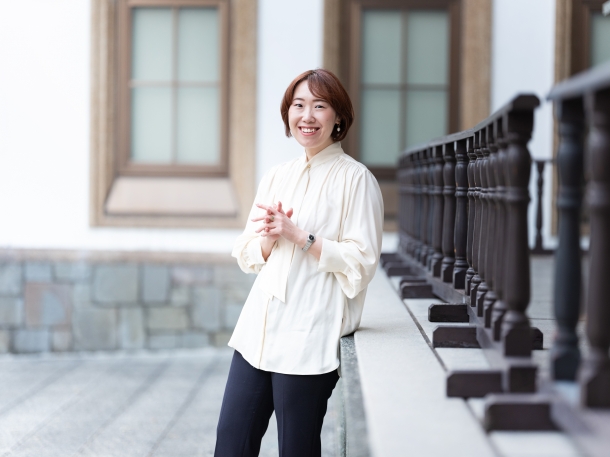
In front of Waseda University The Tsubouchi Memorial Theatre Museum, Waseda University. While attending school, his musical script was shortlisted for the Drama Museum's 70th Anniversary Drama Award. "And one more thing. Actually, I worked at Tegamiza shortly before I started it, so it's a place I have fond memories of." (Osada)
If you are a Waseda University student, you can watch a play right away at the Waseda University Theater Museum!
` Ikue Osada'' is a work by ``Tegami-za'' hosted by Ikue Nagata.
For Waseda University students who are new to theater, Osada recommended the theater company Tegami-za, which he runs, from among the works in the collection of JDTA(Japan Digital Theater Archives) (*) operated by the Waseda University Theater Museum. ” performance “Sansan” (2020) was picked up. ``Sansan'', which premiered in 2016, depicts the youth of Oei, the third daughter of the Edo period painter Katsushika Hokusai. , is a work we are proud of with a new fire in it. It is said to be the most entertaining of Tegamza's works, so I think both theater fans and those who don't usually watch theater will enjoy it!" (Osada)
(*) A special site for searching information on stage performance videos operated by the Waseda University Theater Museum. The works in the collection can be viewed for free at the AV booth in the reading room on the 3rd floor of Building 6 Building No. Waseda Campus (reservation required). Click here for viewing/reservation instructions.
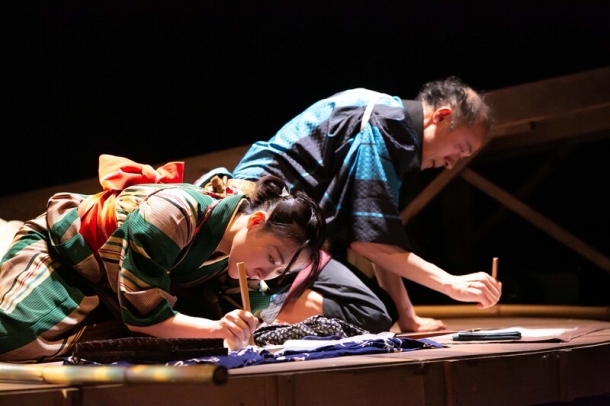
Photography: Moe Hosaka
Interview and text: Naoto Oguma (Graduated from School of Letters, Arts and Sciences II in 2002)
Photography: Kota Nunokawa
Image design: Ryo Uchida

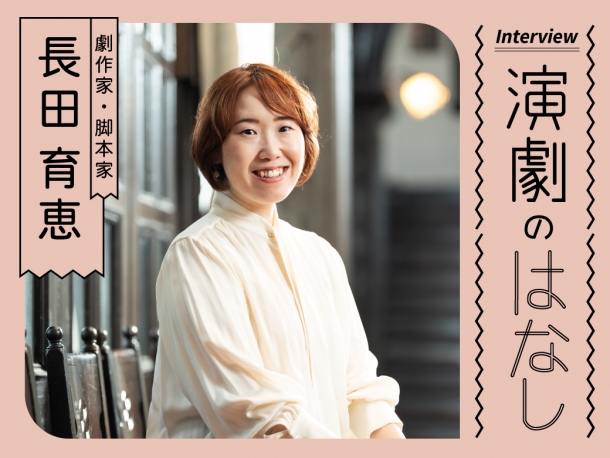

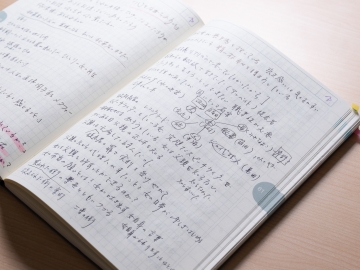
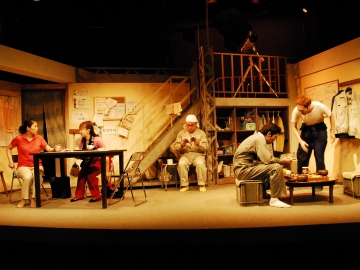
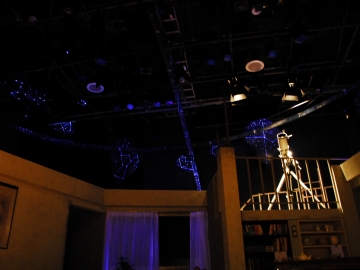
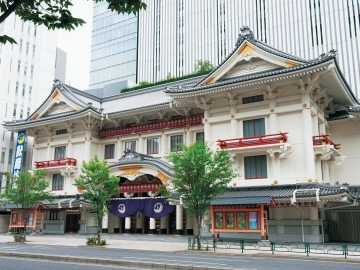
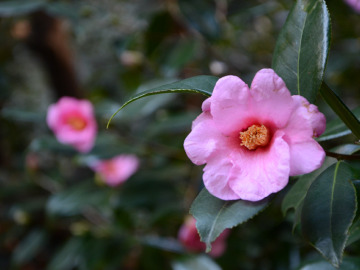
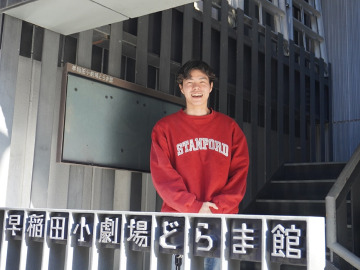
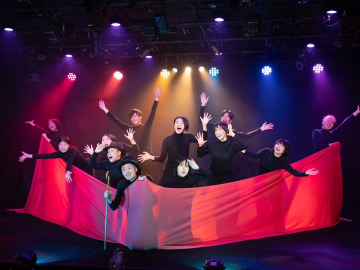

![[Save version] Map of the four main campuses](https://www.waseda.jp/inst/weekly/assets/uploads/2025/09/17cb2975123fc5103172ef60bd98608d-610x458.jpg)

